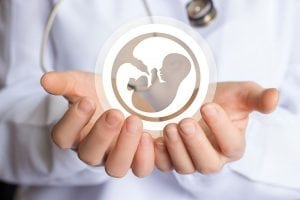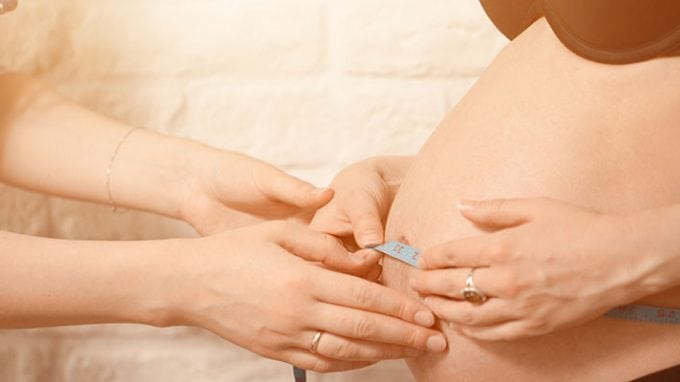Abortion can be an emotional experience, and it does take a toll on the body, however, with proper self-care and healing time, you can become pregnant again down the road with no issues.
The decision to undergo a pregnancy termination is deeply personal and is unique to each woman. Your partner may have been supportive, resistant or unaware. Family and friends may have stood with you or challenged your decision. Regardless of your circumstance, when it comes to family planning later on, the key is proper recovery post-procedure to allow your body to properly heal.
Immediate Post-Procedure Recovery
Typically, menstruation will begin immediately after the procedure, and you can expect to ovulate within two weeks. Vaginal intercourse is recommended to be avoided for up to four weeks, depending on the doctor’s recommendations, and a baths and swimming pools are typically recommended to be avoided for two weeks afterward. You should also use pads instead of tampons.
During post-procedure recovery time, it is necessary that plenty of liquids are consumed and regular vitamins are taken as you recuperate. The body should be treated gently; while avoiding heavy lifting or intense exercise and most women are encouraged to stay off their feet for at least two days.
Pregnancy Later On
During the time of recovery, if you’re careful not to put a lot of stress on your body and you do not suffer any post-termination infection, you will likely not suffer any long-term post-procedural damage. For women who have undergone an abortion, there is a slight risk of ectopic pregnancy in some cases following a termination, particularly if the woman experienced an infection. Thus, the reason it is critical to avoid intercourse and water exposure after a termination. Other risks include bleeding, inflammation and adhesions, also the risk of premature birth and miscarriages increases.

While many women who undergo an abortion won’t be trying for baby until years later, experts recommend waiting at least three months before trying to get pregnant again. The body should have some time to experience a few regular courses of menstruation and the ovulation cycle should return to normal.
Emotional Reactions, Stigma and Support
The political minefield of fertility can make it extremely hard for women who’ve undergone a termination in their past, to discuss it. One of the rarely discussed issues is how many women who already have at least one child are choosing to abort.
Getting support from a caring person is critical. While your partner may be very supportive, your emotional ups and downs during this post-termination time and especially when you become pregnant again, could be extreme. Discuss these issues with your physician and nurse practitioner; ask them if they have suggestions for a support group or counselor if you find yourself becoming overwhelmed.
All in all, if you are planning on trying to conceive and a past abortion raises uncertainties in your mind know that a termination that was done properly, either by a surgical procedure or by taking medication, is very unlikely to affect your chances of getting pregnant and most women go on to have a baby when they’re ready without any additional risks or problems.





